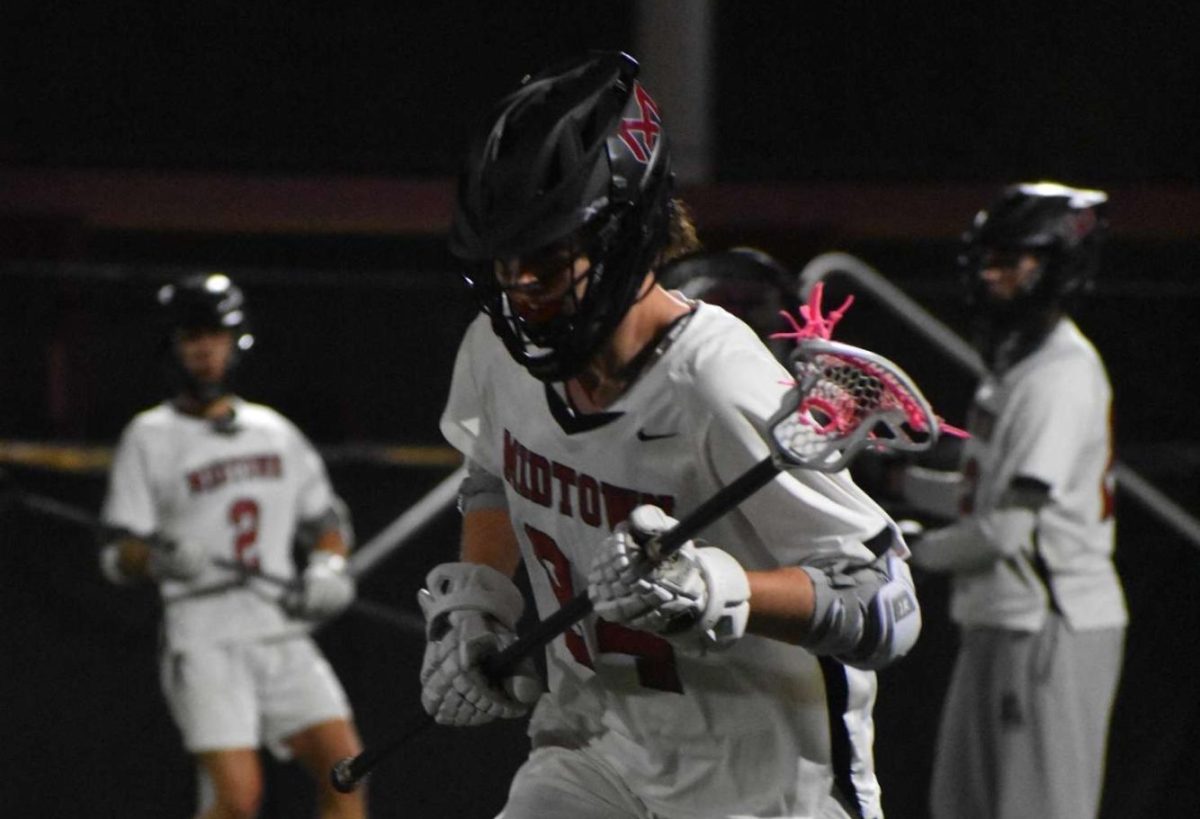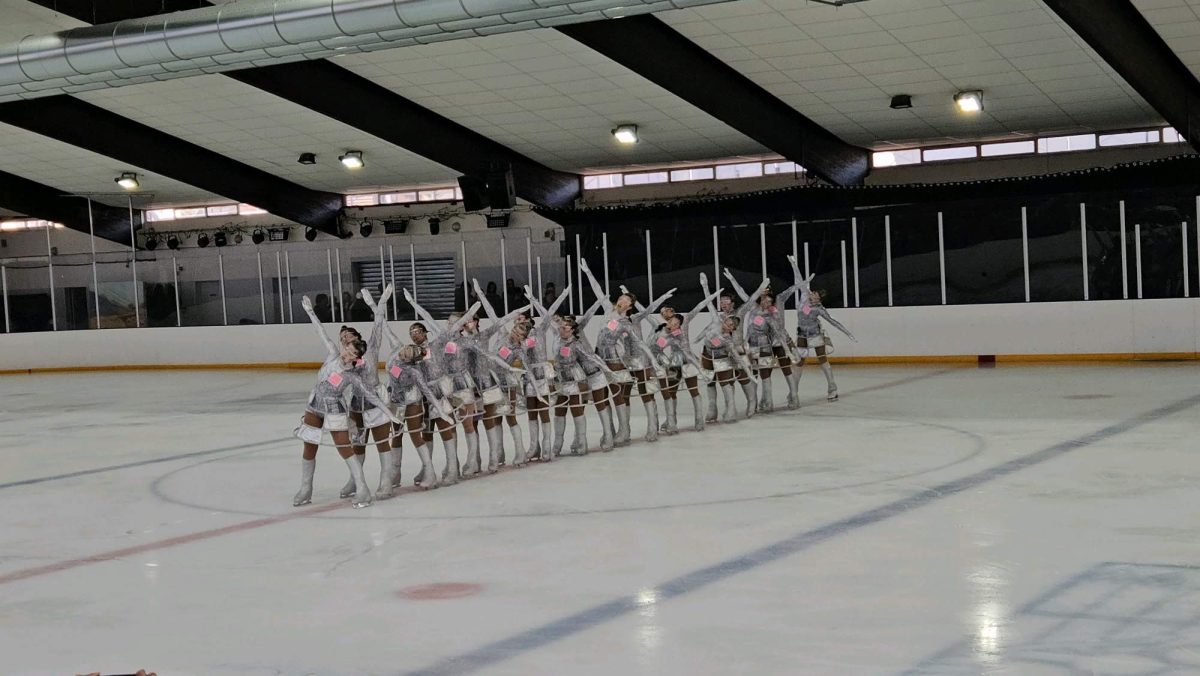By: Micah Bowman
Sports are considered a cornerstone for American culture. We have an obsession with showing off our athletic prowess. College football has become increasingly popular and powerful, and ESPN’s $7.3 billion contract for the rights to show college football shows exactly how much money is invested in college football.
Of course, we forget that these are colleges, not sports clubs. Should we allow college football to play a massive role in our university system? Or, on the contrary, should we enforce the traditional definition of college and university education for the purpose of pursuing the values of academics above all else?
College football costs absurd amounts of money, actually creating deficits for a vast majority of schools. According to the NCAA, only 14 schools profit off of their athletics departments. How could that be? The cost of a football program brings in some other challenges for athletic departments. However much you spend on football, you are mandated to spend an equal amount, dollar for dollar, for the women’s teams. The median loss for a college athletics department, of over 1,000 schools, was $14 million. This amounts to hundreds of millions of dollars from taxpayer-supported public universities every year.
Furthermore, colleges are given an incentive to prioritize sports over academics. Why should a star football player with a 3.0 GPA get a full ride, while a star student with a 4.0 GPA has to take out hundreds of thousands of student loan debt? The NCAA does not have any GPA requirement for Division I athletes. From their website: “must meet minimum grade-point average requirements related to the school’s GPA standards for graduation.” This means that a college could set a GPA requirement for a student athlete at 0.1.
College student athletes are required to get six credit hours, but what those credit hours are in does not matter. One example is UNC’s creation of fake classes, wherein students were not required to do anything, but still got credit, and a degree. Often, college athletics programs are all put into largely the same major, one example is how over 81 percent of Georgia Tech’s football team is taking “management” as their major.
Universities deceive their football players when they promise that these athletes have high chances of NFL success. Players dedicate their entire lives to playing football in college, and less than 1 percent of them get drafted into the NFL.
If players get injured, they can lose their scholarships entirely. Those college players who get injured, lose their scholarship, and get kicked out of college are paid nothing for the thousands of hours they put in. College players who aren’t good enough for the pros and don’t get injured, get more often than not dead-end degrees that do not offer great job opportunities.
And of the ones who are incredibly talented, 16 percent go bankrupt within 12 years, according to a 2015 study. Furthermore, NFL players are prone to lifelong brain damage from repetitive impacts. A startling study done by the Department of Veteran Affairs and Boston University showed that 96 percent of NFL players studied post mortem had Chronic Traumatic Encephalopathy, a degenerative brain disorder.
So, what should the role of college football be? Certainly smaller, because it does not provide any tangible, economic benefit for the taxpayer, because it incentivizes colleges not to focus on academics, and because those who do make it pro often find disarray in later years.






